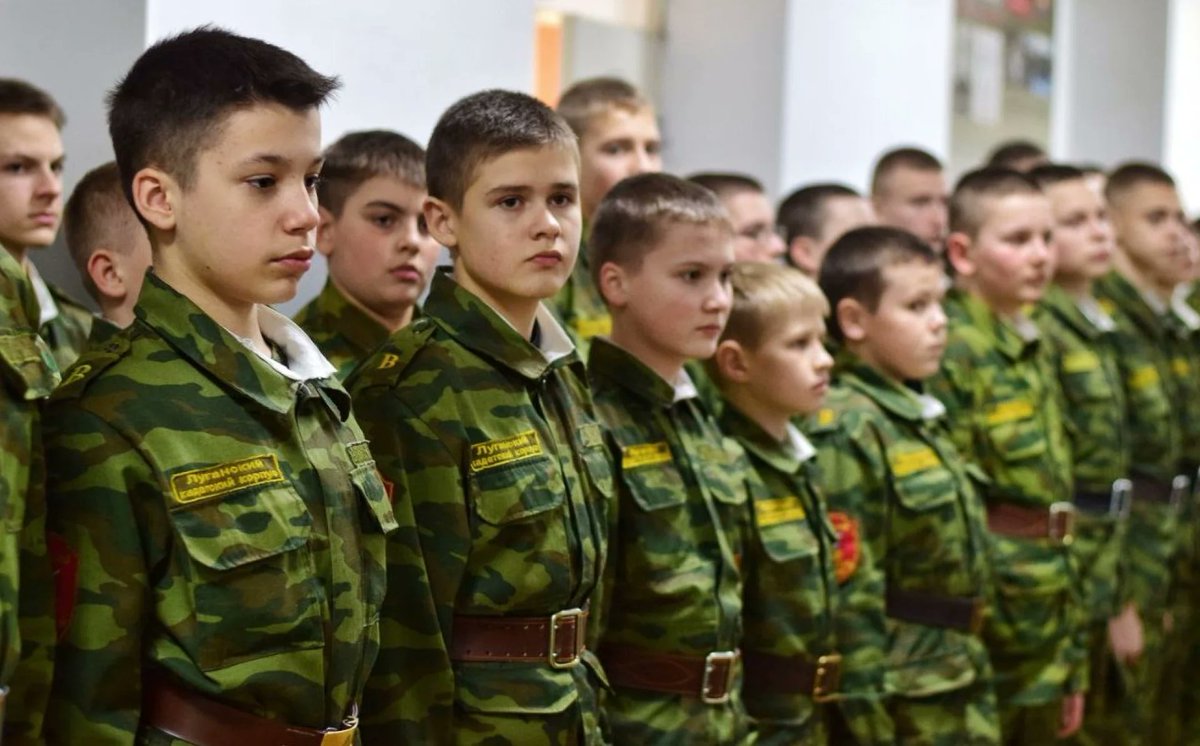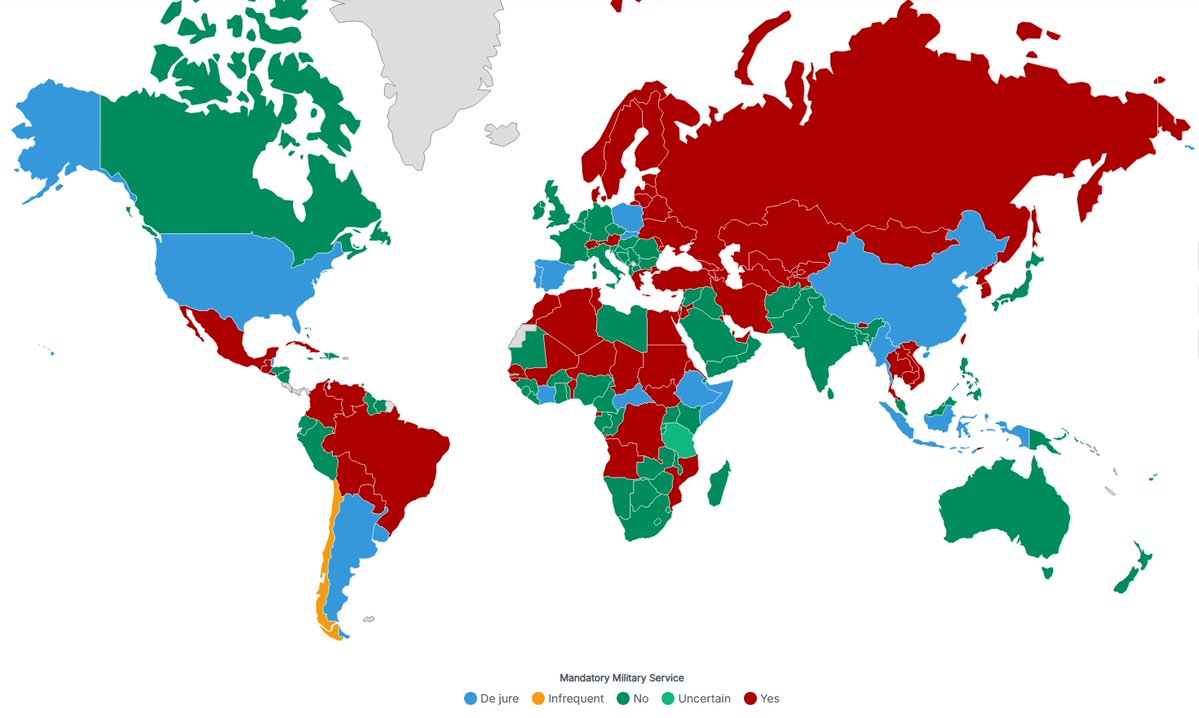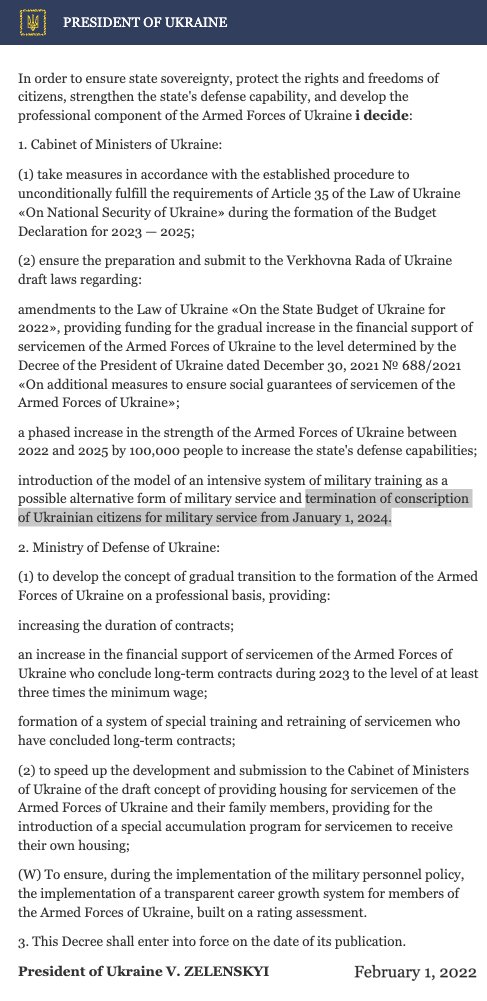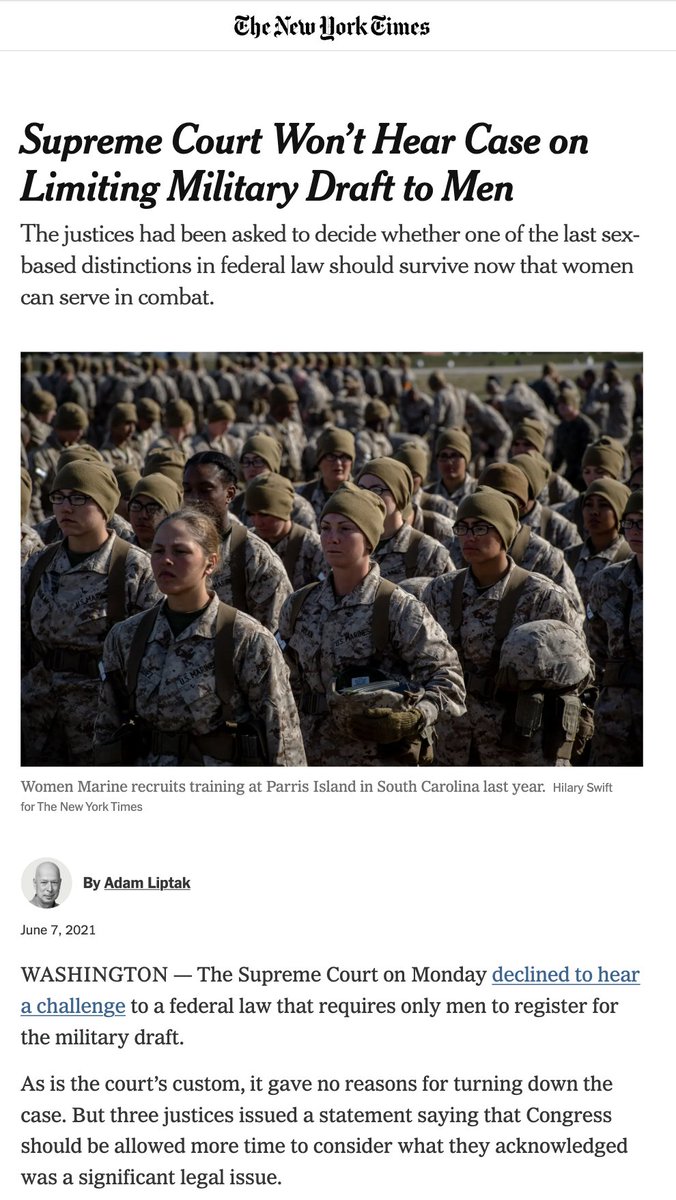In today's #vatniksoup I'll talk about Russian Nazis and introduce Russian neo-Nazi movements and paramilitary groups like Rusich and PMC Wagner. They're best-known for being funded by the Kremlin and being responsible for the "denazification" in Ukraine.
1/24
1/24
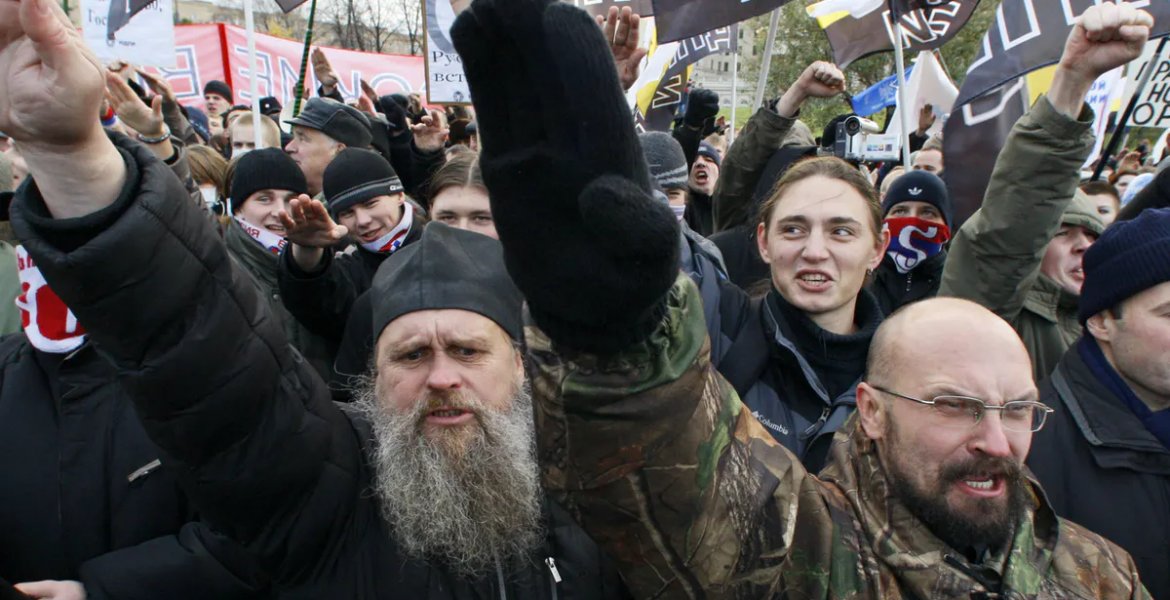
Like in many European countries, the white power skinhead movement became a notable phenomenon in the Russian far-right. This movement was intensified, in addition to high unemployment rate and awful education, by the First Chechen War and the imperialistic rhetoric...
2/24



2/24



...of the Russian government. Russian officials "dealt with" the neo-Nazi problem between 1998-2000, and it was used to justify anti-extremism legislation, that was later used to prosecute Russian liberals.
It was also used to launch an initiative called...
3/24
It was also used to launch an initiative called...
3/24

..."managed nationalism", an attempt to mobilize neo-Nazi groups to counter and resist any anti-Putin coalitions and opposition.
This cynical yet clever initiative had Vladislav Surkov's fingerprints all over it:
4/24 https://t.co/jEc9sjbmnj



This cynical yet clever initiative had Vladislav Surkov's fingerprints all over it:
4/24 https://t.co/jEc9sjbmnj
https://twitter.com/P_Kallioniemi/status/1593137159317655553


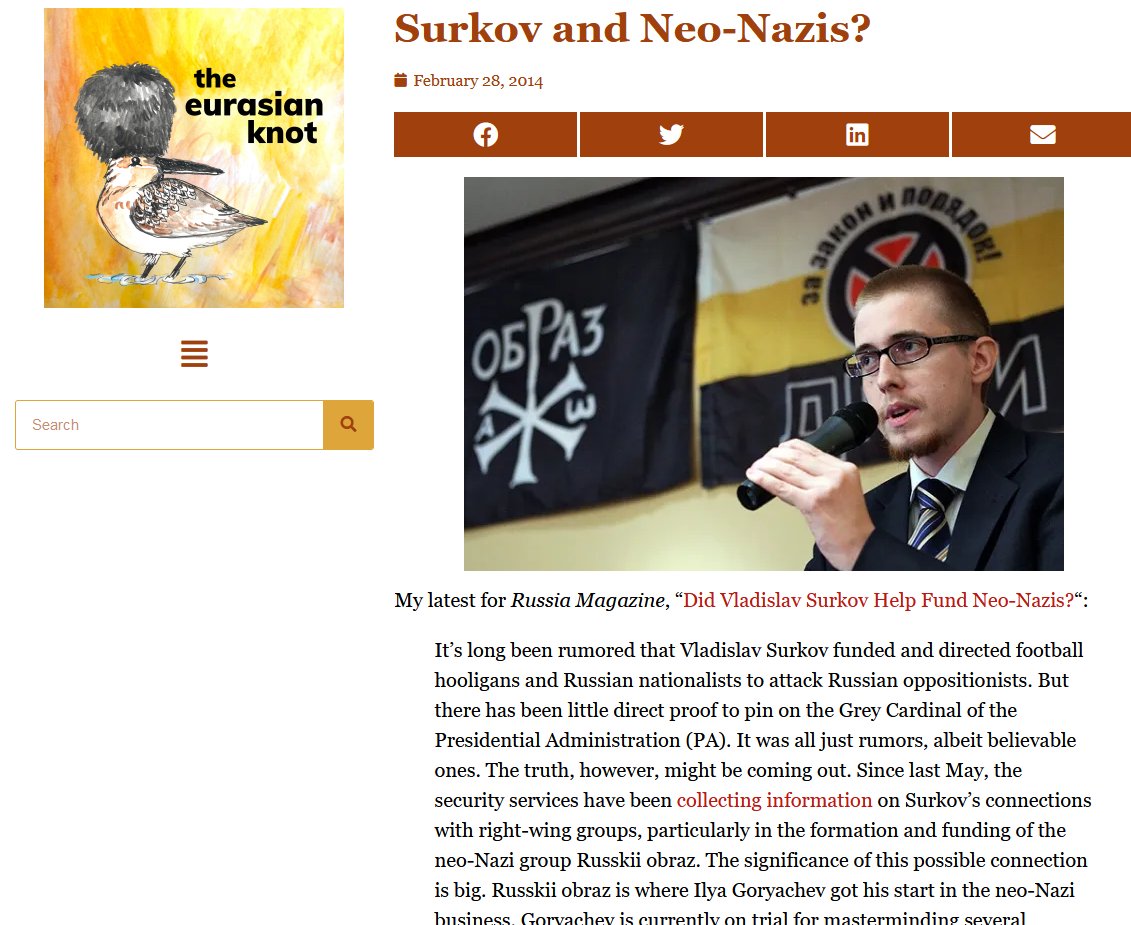
In 2005, Surkov launched a pro-Putin youth movement called "Walking Together", which later collaborated with the most powerful skinhead gang, OB88. To prevent a "color revolution" in Russia, Surkov turned the movement into a powerful group called "Nashi".
5/24




5/24




Nashi recruited underground neo-Nazi gang members, football hooligans and other low-life scum into their ranks. The organization later separated into two neo-Nazi groups, "Young Russia" and "Locals" that became the link between Russia's far-right and the Kremlin.
6/24



6/24
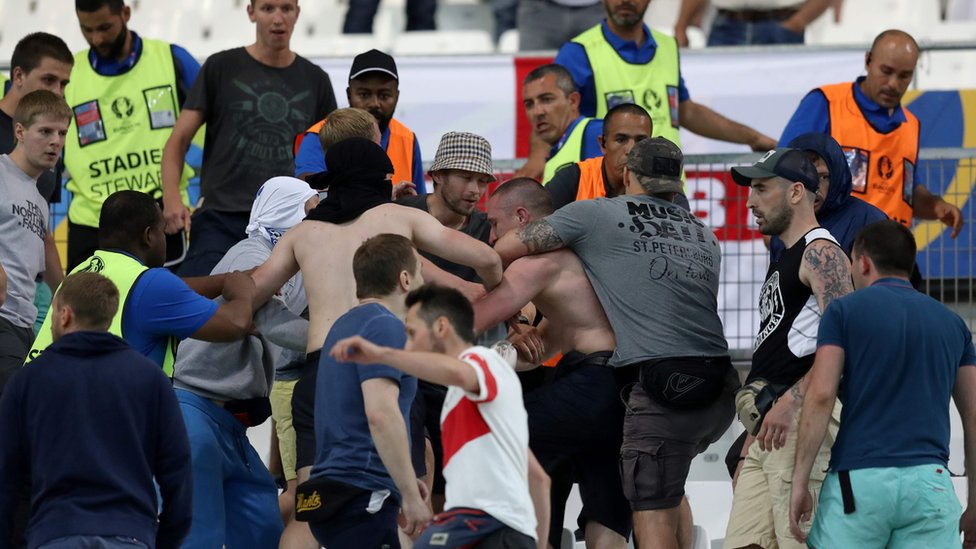
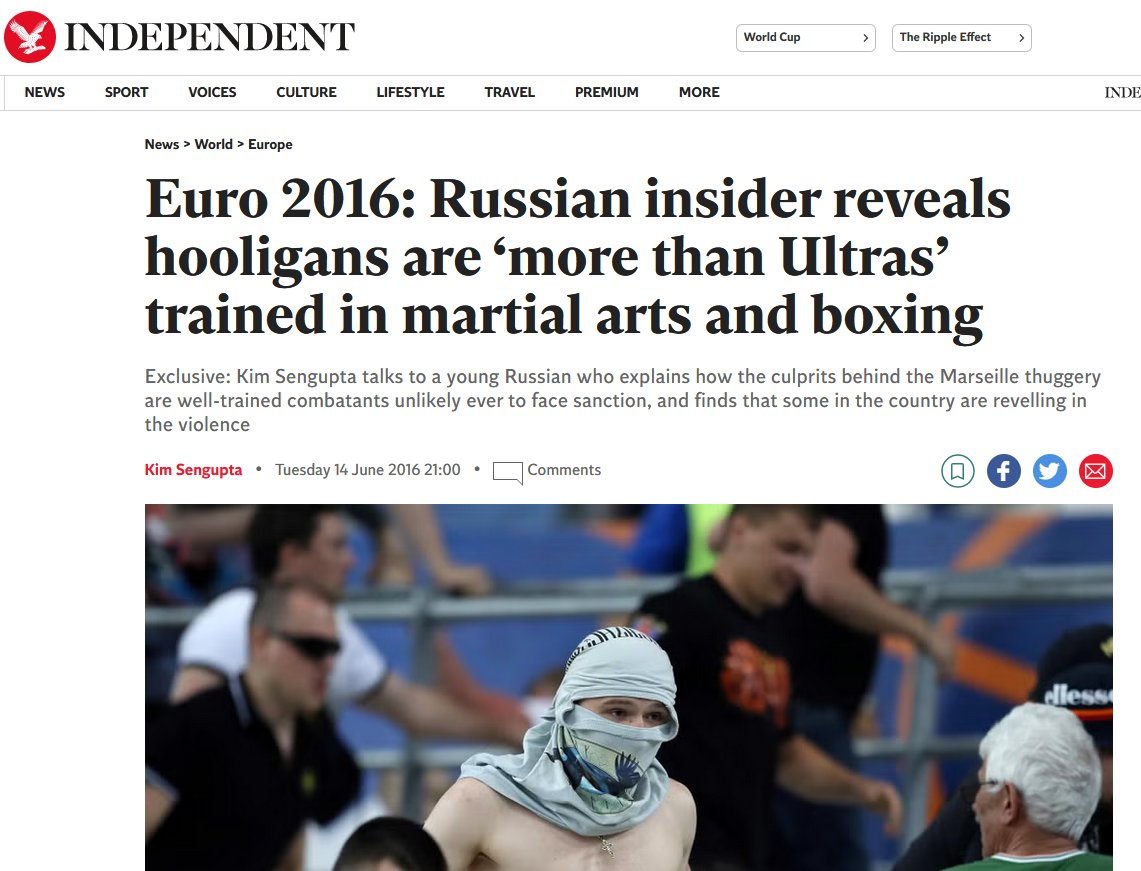

Around the same time, the Kremlin tried to fabricate a "neo-Nazi"/Banderite problem in Ukraine with the help of Putin's friend Viktor Medvedchuk.Medvedchuk paid pro-Russian agitator Eduard Kovalenko to act as a neo-Nazi supporter of Viktor Yushchenko:
7/24
7/24
https://twitter.com/P_Kallioniemi/status/1605479606810656768
Around 2008 Aleksei Navalny tried to mobilize democrats and radical nationalists against Putin. Putin then sent his own neo-Nazi thugs, "Russkii Obraz" (RO), against Navalny's thugs. RO Nazis were also responsible for the killings of journalists and human rights lawyers.
8/24
8/24

Once Russkii Obraz was dissolved, its veteran members became powerful figures in Putin's regime, including Anna Trigga who worked for Yevgeny Prigozhin's troll farm, and Andrei Gulyutin, editor of the pro-Putin nationalist blog Ridus.
9/24


9/24


The domestic Nazi problem in Russia was extremely serious in the early 2000s & it's worth noting that between 2000 and 2017,far-right political violence in Russia was 7 times higher than in Western Europe. "Managed nationalism" was just an attempt to redirect this violence.
10/24


10/24


Far-right activists & neo-Nazis often take part in military conflicts & that was also the case with the war in Ukraine. The best-known far-right, neo-Nazi paramilitary groups in Ukraine are PMC Wagner and its subgroup, Rusich Group. Both of them participate in the conflict.
11/24


11/24


The former was found by Yevgeny Prigozhin and neo-Nazi Dmitry Utkin, who were key players in the 2023 mutiny against Putin. Rusich is led by Aleksei Milchakov, a self-proclaimed neo-Nazi who's commited numerous war crimes:
12/24 https://t.co/SFXB7JNKMI


12/24 https://t.co/SFXB7JNKMI
https://twitter.com/P_Kallioniemi/status/1589145838869434370


Rusich's symbol is the Sonnenrad, an ancient European symbol hijacked by neo-Nazis and other far-right groups. You might have seen the symbol in fan-made promotional video for DeSantis' presidency - the one that was also shared by his campaign staffer @njhochman.
13/24
13/24
Rusich has expressed genocidal intentions towards Ukrainians by discussing on how to "solve the Ukrainian question", how to exterminate Ukrainian children with scientific experiments, and how to force Ukrainian women serve as concubines to Russian men.
14/24
14/24
They even called for Russian soldiers to be "given 2-3 girls aged 10 or below" as sexual slaves. They've also stated that "Ukrainian women dream about being raped by Russian soldiers", and that raping them is an "act of charity".
15/24




15/24




Another prominent but not so well-known Russian, ultra-nationalist organization is the Russian Imperial Movement (RIM). The group promotes "political orthodoxy" and are in a symbiotic state with the Kremlin: as long as they don't commit domestic terrorism, ...
16/24
16/24

...they're free to offer troops and train militants abroad. RIM has been connected to Russian intelligence, and they've provided paramilitary training to extreme far-right militias at least in the US, Poland, Finland, Germany and Sweden.
17/24



17/24


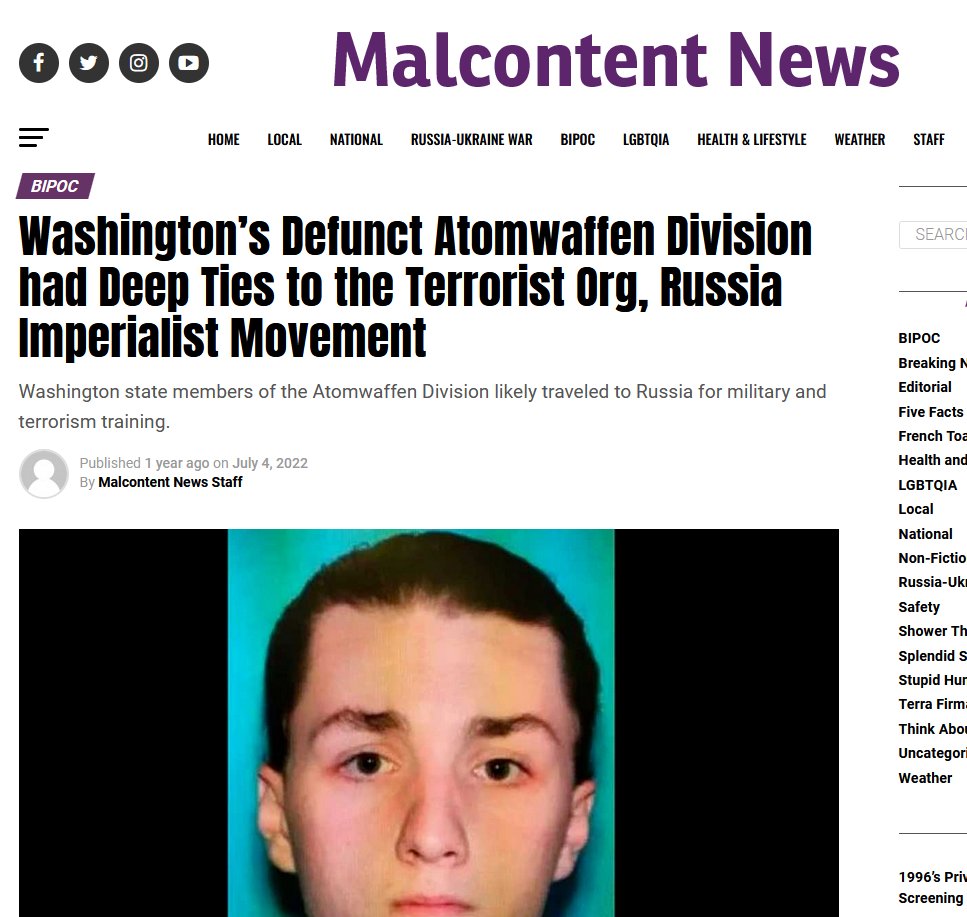
Of course there are other, smaller Russian neo-Nazi groups fighting in Ukraine, too. Some of these include the Russian Orthodox Army, Slavic Union, Black Hundreds, Dugin's Eurasian Youth Union, and Somali and Sparta battalions.
18/24
18/24

Many of these groups have been involved in some form in the Russo-Ukrainian War since 2014 and many of them were integrated into the pro-Russian separatists in Donbas.
19/24
19/24
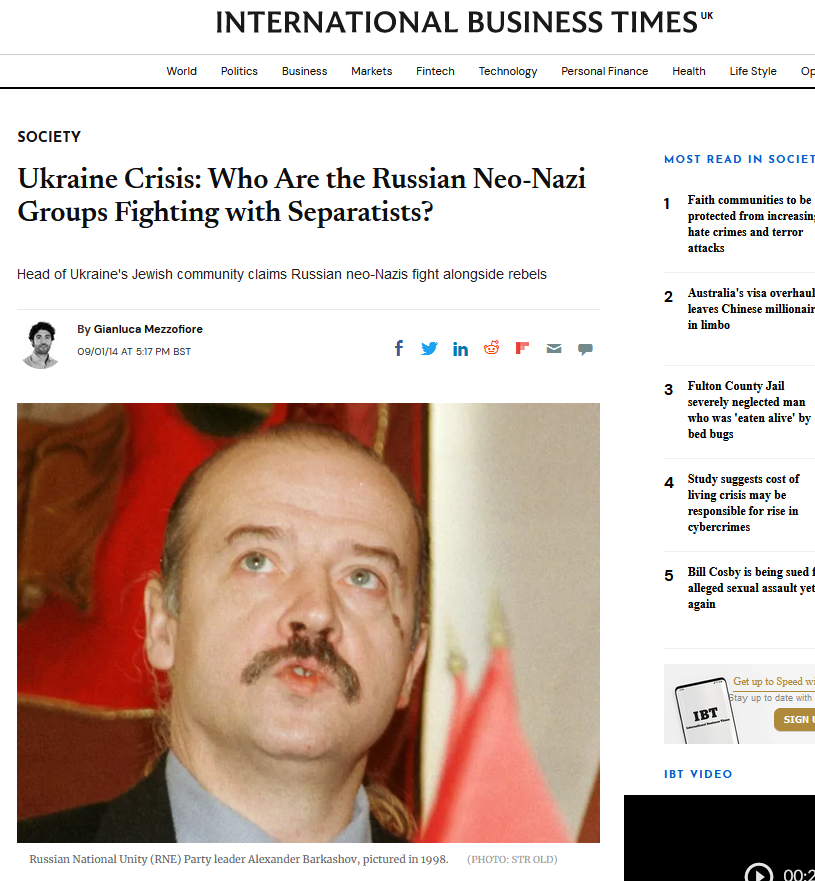
Many neo-Nazis consider military conflict a tempting possibility. Some of them are drawn to violence, but many young, untrained volunteers also consider it a "rite of passage" on a battlefield. More experienced fighters, who are often unable to return to civil life, join...
20/24
20/24
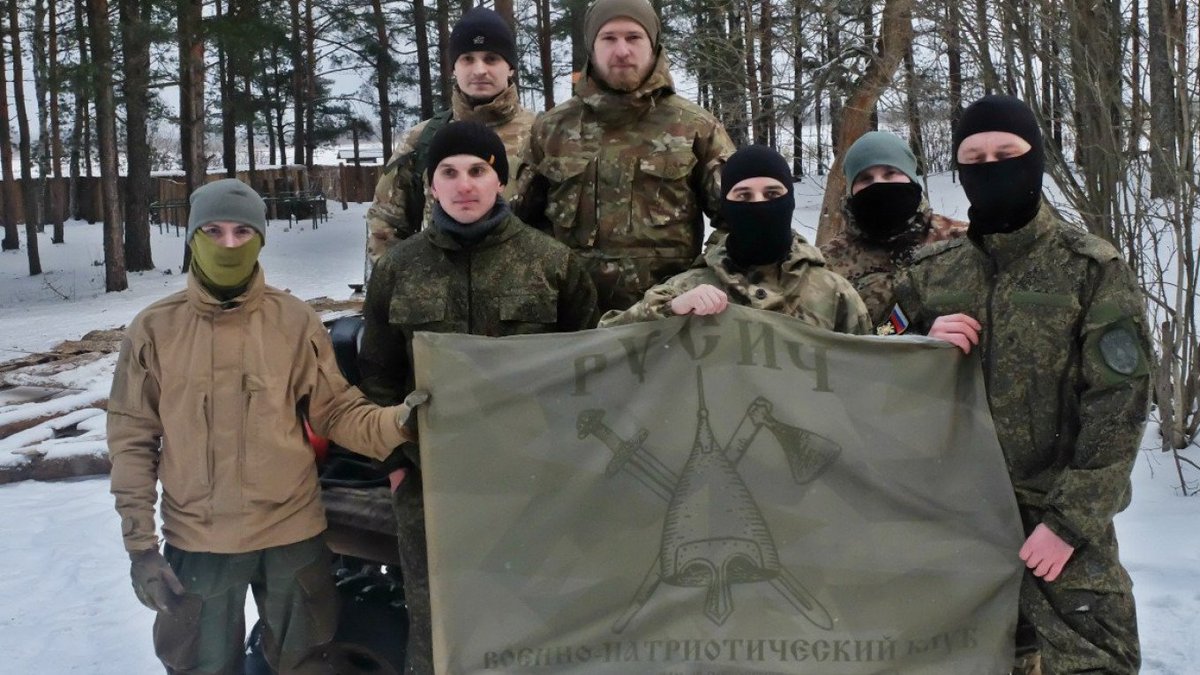
...the ranks as mercenaries to earn a living. Russia also utilizes the prison population by recruiting murderers and rapists to fight in some of their PMCs like Wagner.
The Kremlin uses Nazism, far-right militias and Nazi propaganda in extremely cynical ways, including:
21/24


The Kremlin uses Nazism, far-right militias and Nazi propaganda in extremely cynical ways, including:
21/24

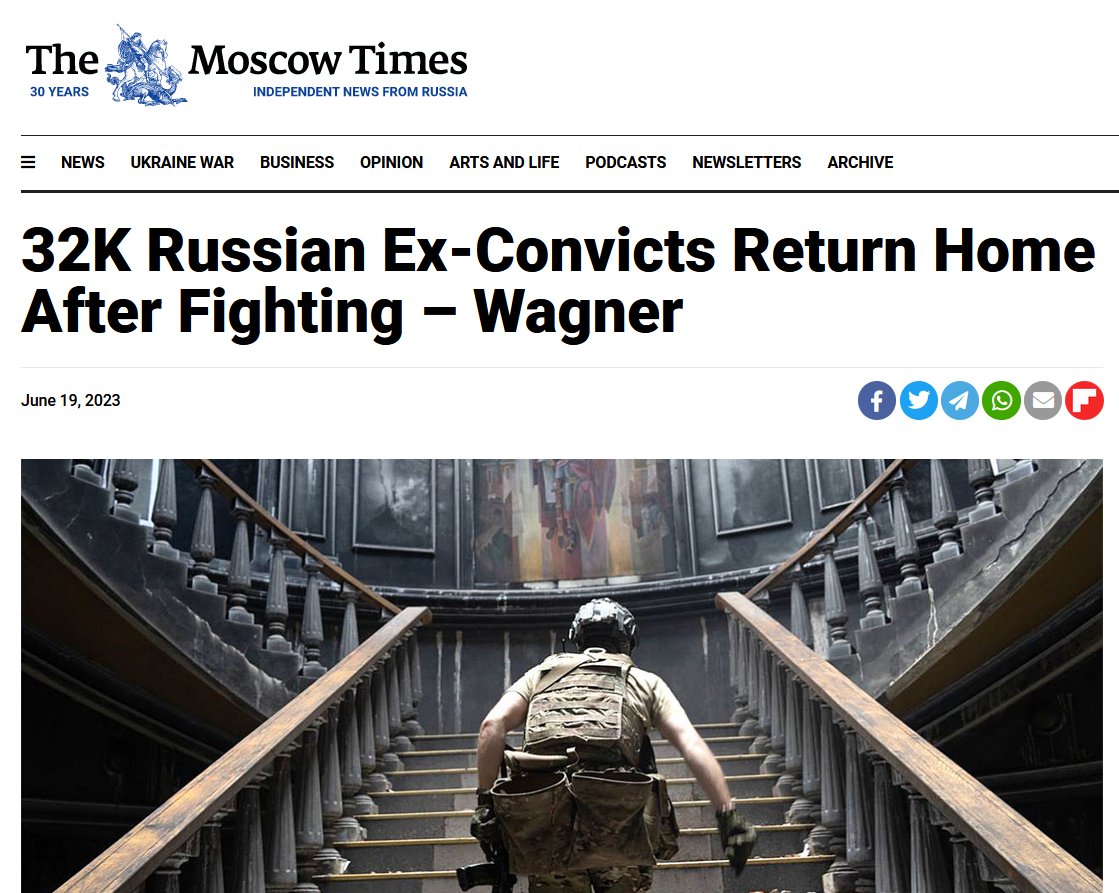
1) using it domestically to control and attack the opposition. They have no problem in dealing with neo-Nazis when they can be used as a tool in domestic politics, 2) training foreign fringe militias and extremist groups that can then incite violence and unrest, ...
22/24


22/24


3) blaming others for "Nazism" and using it as casus belli. This is what they did in Ukraine, 4) funding of far-right politics and politicians in Europe, and 5) using Nazism as a domestic propaganda tool. Putin still promotes USSR/Russia as the savior against evil Nazism.
23/24



23/24



To conclude: the only country in need of denazification is Russia.
Ping: @RG_Horvath, the real expert on this topic.
24/24
Ping: @RG_Horvath, the real expert on this topic.
24/24

Now let us watch pro-Kremlin propagandists fill the comments with anecdotal evidence and framed/photoshopped images of "evil Ukrainian Nazi-Banderites". 

I forgot to mention a crucial element of Russian nazism: Russian National Unity (RNU; RNE in Russian), founded in 1990 by ultra-nationalist Alexander Barkashov.
The Wiki article on the movement is quite comprehensive:
Thank you @wales_rm for a reminder! https://t.co/iZfCXAzTzCen.m.wikipedia.org/wiki/Russian_N…



The Wiki article on the movement is quite comprehensive:
Thank you @wales_rm for a reminder! https://t.co/iZfCXAzTzCen.m.wikipedia.org/wiki/Russian_N…



• • •
Missing some Tweet in this thread? You can try to
force a refresh


